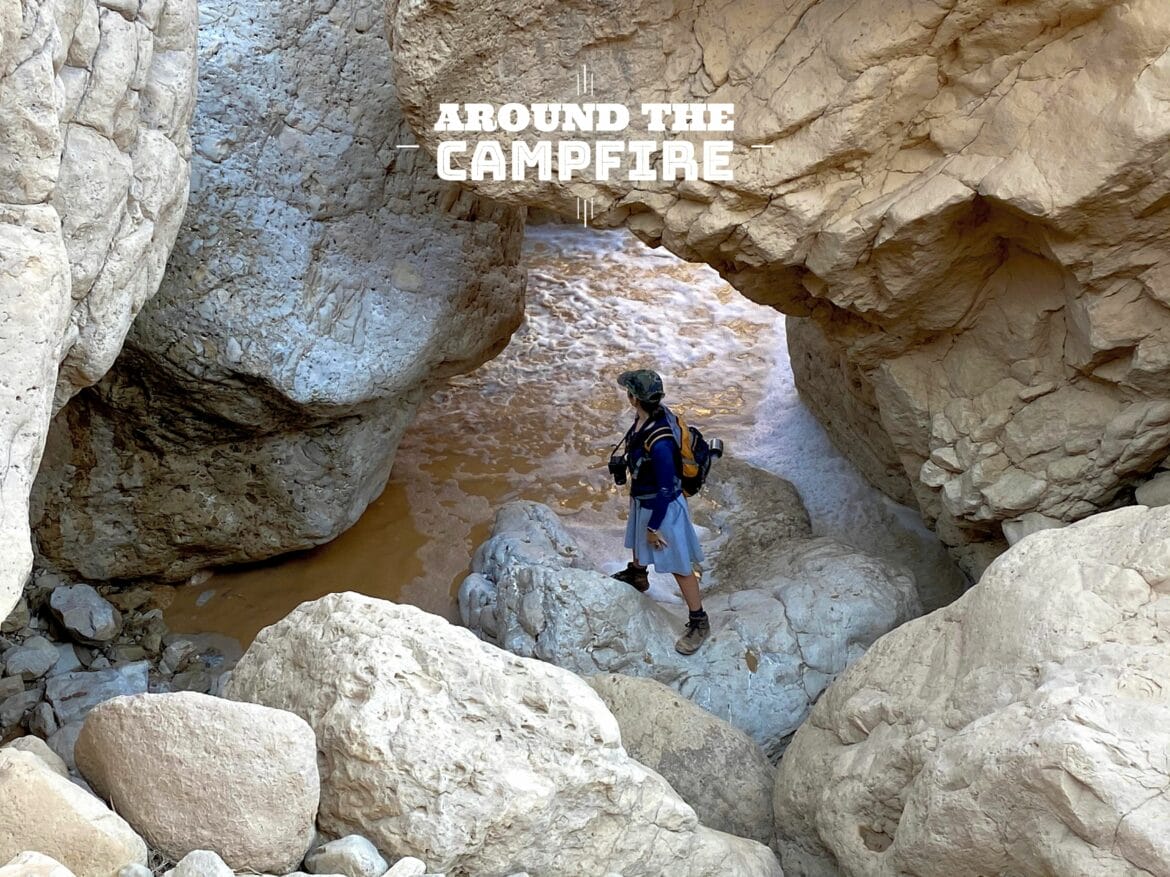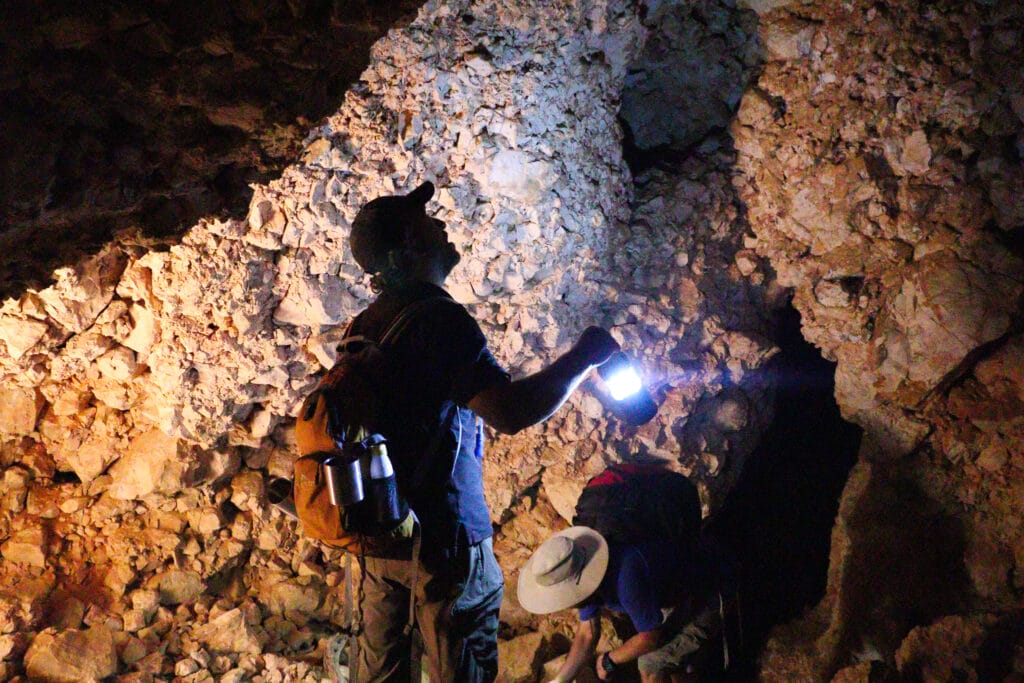
We experience fear for a reason.
Fear is here to protect us from danger. It’s our brain’s way of signaling that something might be unsafe. Without fear, we may put ourselves in harm’s way without giving it a second thought. Emotions are a powerful motivator, often more compelling than other parts of our thought process. The emotion of fear sets off warning lights which circumvent the need to intellectually analyze each and every situation.
When it comes to outdoor experiences, we may experience the visceral fear that comes with actual danger: snake bites, falls, and sun stroke are all real risks that we must consider in the great outdoors. And of course, we have to take precautions to ensure our safety. But all too often, our reluctance comes simply from fear of the unknown. If it’s out of our comfort zone, sometimes we hesitate to try new things.
But fear, like all other feelings, is also just an emotion. It’s a chemical response in our brain, triggered by a number of unfamiliar circumstances. We don’t let our feelings of happiness, sadness, or anger rule us. So why should we put fear in charge?
I recently listened to a story told by a woman with a young son. As she looked on, her son climbed to the top of a tall rock wall, seeming completely at ease. When her son came down, she complimented him on his fearlessness. “Mom,” he said, “I was afraid to climb to the top. But I’m in charge of myself. So, I did it anyway.”
I found this little story to be an incredibly helpful way to think about fear and other emotions. We must always strive to be in charge of our own actions in life – not let our emotions rule us.
Internalizing this thought won’t make the fear go away. And for you, hiking or rock climbing or going on an intense overnight trek may always be accompanied by the feeling of fear. (I know that I feel a little bit of fear each and every time I go camping. Sleeping outdoors + light sleeper + type A personality = scary!)
But you have two choices. Either skip the activity and remain afraid. Or embrace the activity while being afraid.
Perhaps, over time, you will find that the more you face your fears, the less fears there are to face. After all, you’re in charge of you. You wouldn’t want to let a simple emotion rule over you.








My kids know no fear, and have no sense of danger.
My brain needs rewiring. I can’t stop thinking (being afraid) of what possibly can happen. Buying (and using) our first tent (some time in the not very distant future) is going to be a victory. Btw, if you could write a camping guide for dummies (if you haven’t already), it would be great. We are equipped with kids 1-9 right now, nothing else. And I am super afraid of snakes and scorpions.
A camping guide is a great idea. I’ll try to get one of those for a future guest post.
Good luck on your future camping! You’ll do great 🙂